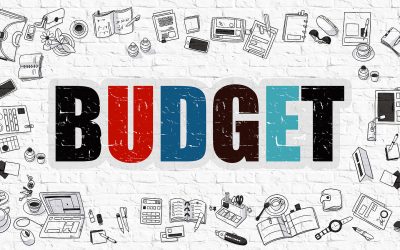The National Treasury published the draft Taxation Laws Amendment Bill for the 2023 legislative cycle on 31 July 2023. It contains a proposal that relates to the withdrawal of Practice Note 31 of 1994 (‘PN31’). This article considers the background and proposed rules.
Practice Note 31
Section 24J(2) allows a taxpayer to deduct interest incurred from its income from carrying on any trade, if incurred in the production of income. A taxpayer that borrows funds to on-lend, without doing so in the course of a trade (typically, if the taxpayer does not carry on business as a money-lender), may not necessarily satisfy the trade requirement.
The Inland Revenue (now SARS) issued PN31 in 1994 aimed at such loans. It states:
‘While it is evident that a person (not being a moneylender) earning interest on capital or surplus funds invested does not carry on a trade and that any expenditure incurred in the production of such interest cannot be allowed as a deduction, it is nevertheless the practice of Inland Revenue to allow expenditure incurred in the production of the interest to the extent that it does not exceed such income.’
Taxpayers who borrow funds to advance to others, often related parties, benefitted from this practice. In a corporate context, these entities often act as group treasury entities.
In December 2022, SARS indicated that it intended to withdraw PN31 due to misuse. Following public consultation, the withdrawal was postponed to provide a solution to accommodate legitimate transactions that benefitted from PN31.
Proposed amendments
The proposed section 11G contains this solution. If enacted, it will apply for years of assessment starting 1 January 2024.
The proposal is to allow a deduction for expenditure not of a capital nature to the extent that it is incurred by a company (‘lender’) in the production of interest income:
- from another company that forms part of the same group of companies (‘borrower’)
- as a result of a loan, advance or credit advanced by that lender, directly or indirectly, to that borrower.
The explanatory memorandum that accompanies the proposed legislation suggests that the National Treasury contemplates a further requirement: the borrower must have used the funds for purposes of its trade to produce income. This requirement is not apparent from the wording of the draft section.
The explanatory memorandum indicates that the combination of the three requirements aims to ensure that no tax leakage arises where one group company raises funds to lend to another group company for productive purposes. The deduction will be limited to the interest income from the loan.
It is important to note that the above is still a proposal and may change following the consultation process ahead. Taxpayers affected by the development should keep an eye on the process and legislation ultimately enacted as it unfolds.








